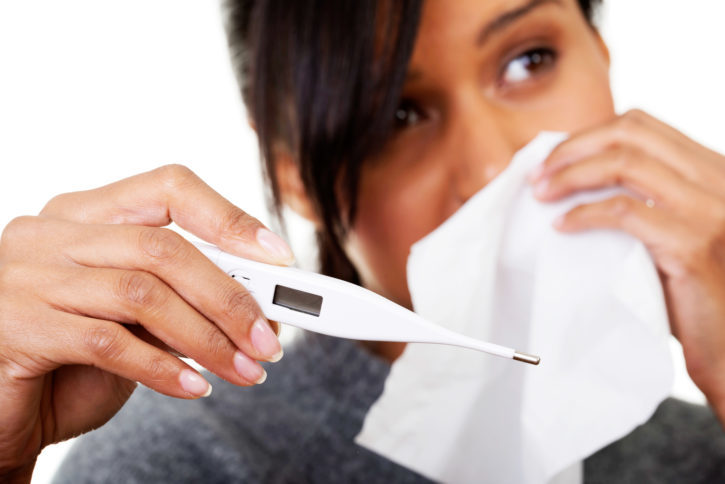 Knowing how to manage diabetes during periods of illness, especially during cold and flu season, is critical.
Knowing how to manage diabetes during periods of illness, especially during cold and flu season, is critical.
Diabetes can make the immune system less able to fight the flu increasing your risk of serious complications. Also, the flu can raise blood glucose levels. Illness is stressful to the body, and the stress hormones that are released when you’re sick cause the liver to produce more glucose, resulting in elevated blood sugar levels.
When you have diabetes, a delay in getting care can be life threatening. Even a minor cold can make your diabetes harder to control. That’s why it’s important to have a plan for those sick days.The first step is to talk with your health care team so they can individualize the plan for you. Make an appointment to see your healthcare provider before you get sick.
When you talk with your health care provider write and personalize the following:
How often to check your blood glucose and urine ketone levels. When ill, you will need to check your blood glucose and urine ketones more frequently than you normally check. If you have type 1 diabetes monitor your blood glucose and urine ketones every four hours. If you have type 2 diabetes monitor your blood glucose levels four times a day and only measure urine ketone levels if your blood glucose levels go above 240.







